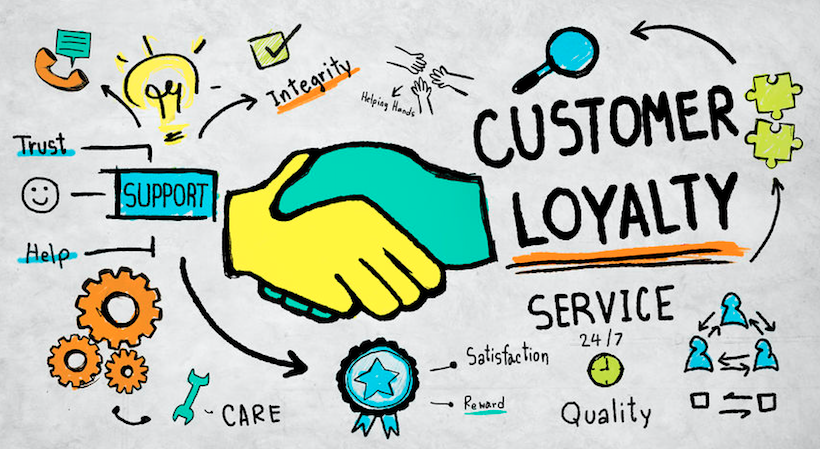Emotional connection is now more important than ever, with remote work, social distancing and shelter in place orders. Rana el Kaliouby is a scientist, innovator and entrepreneur, as well as the inventor of her company Affectiva’s award-winning emotion recognition technology.
Affectiva is the pioneer in emotion recognition software, or emotion AI. The technology company grew out of MIT’s Media Lab, and has developed software to recognize human emotions based on facial cues or physiological responses.
The emotion research that would inspire her to start her company began with an epiphany while texting with her then husband when their relationship was long-distance – an experience many can relate to in our era of social distancing.
Rana writes about her lifelong mission to improve technology’s ability to connect people emotionally in her new memoir, “Girl Decoded,” excerpted below.
StartupNation exclusive discounts and savings on Dell products and accessories: Learn more here
The following is excerpted from “Girl Decoded” copyright © 2020 by Rana el Kaliouby. Used by permission of Currency, an imprint of Random House, a division of Penguin Random House LLC. All rights reserved. No part of this excerpt may be reproduced or reprinted without permission in writing from the publisher.
On April 14, 2009, Roz and I incorporated Affectiva.
Roz and I decided to invest our own money to get the company off the ground. But we knew that soon we would have to reach out to the investor community, many of whom were veterans of the tech industry.
None of this came easily to us. We were complete novices, and despite the enthusiasm among our sponsors, in the world of tech, we were swimming against the tide.
We were still up against the antiquated “emotion is irrational” thinking that permeated the industry. Most of our potential investors were, to paraphrase Baron-Cohen, tilted more toward the “systemizer” end of the autism scale than the “empathizer” end, which is to say, they were not particularly comfortable with emotion, or “feelings.”
As women cofounders, Roz and I were already anomalies in the male-dominated world of tech startups. So, we made a strategic decision to avoid using the word emotion, just as Roz had done a decade earlier when she coined the term affective computing. That is how we came up with the name Affectiva, an innocuous variation on affective computing.
Related: How to Add Value to Your Target Audience Through Emotional Branding
In the beginning, we didn’t exactly know what kind of company we had in mind. Given the interests of our diverse group of sponsors, we could have veered off in many different directions.
We knew that there was one thing we absolutely had to establish: our core values. This was especially important for a company like ours, which deals with highly personal data about individuals’ deepest feelings.
One early spring day, the newly formed Affectiva team— our two first employees, Jocelyn Scheirer and Oliver Wilder-Smith, and Roz and I— met at Roz’s home to talk about our strategy and direction. It was an unusually warm day; I remember the sunlight streaming through Roz’s large windows as we met around her kitchen island.
We reviewed all the potential uses of our technology: marketing, education, mental health, automotive, autism, security and surveillance. And we agreed on a set of core values that would guide our decision making with regard to the industries we’d entertain and those we’d turn down.
We wanted Affectiva to be the company people trusted with their emotion data. And we knew that in order for the company to be successful, people needed to feel confident in the integrity of our approach and the science.
Sign Up: Receive the StartupNation newsletter!
Unless people fully trusted us, we wouldn’t be able to get the data that would enable us to help them. We knew that the moment we breached that trust, we would lose the very people we wanted to help.
We therefore decided that we would deal only with companies that agreed to our “opt- in” terms, meaning people had to be informed that their emotion data was being collected; most important, they had to consent to it. It was also essential that people have an option to opt out whenever they wanted. That meant we would not work with surveillance or security companies. Down the road, this did limit our options, but it was the right decision.
“Girl Decoded” is available now wherever books are sold and can be purchased via StartupNation.com.






